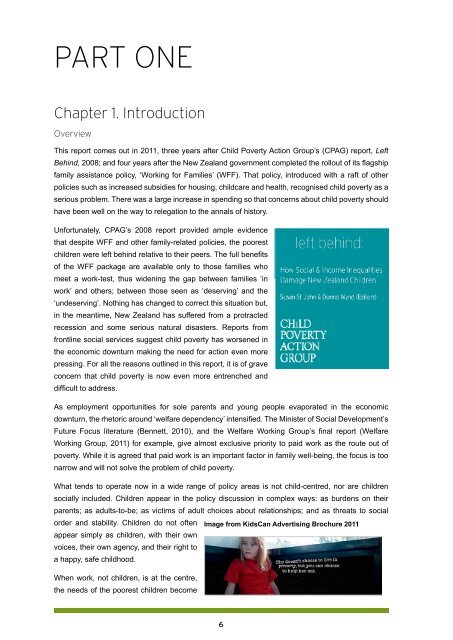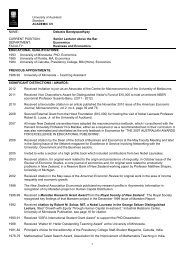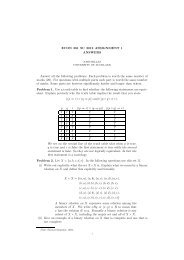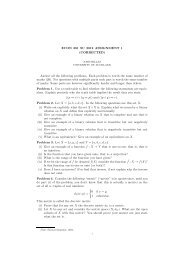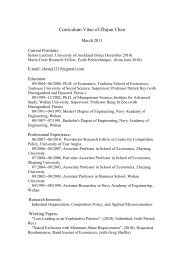Left Further Behind - Child Poverty Action Group
Left Further Behind - Child Poverty Action Group
Left Further Behind - Child Poverty Action Group
You also want an ePaper? Increase the reach of your titles
YUMPU automatically turns print PDFs into web optimized ePapers that Google loves.
PART ONE<br />
Chapter 1. Introduction<br />
Overview<br />
This report comes out in 2011, three years after <strong>Child</strong> <strong>Poverty</strong> <strong>Action</strong> <strong>Group</strong>’s (CPAG) report, <strong>Left</strong><br />
<strong>Behind</strong>, 2008; and four years after the New Zealand government completed the rollout of its flagship<br />
family assistance policy, ‘Working for Families’ (WFF). That policy, introduced with a raft of other<br />
policies such as increased subsidies for housing, childcare and health, recognised child poverty as a<br />
serious problem. There was a large increase in spending so that concerns about child poverty should<br />
have been well on the way to relegation to the annals of history.<br />
Unfortunately, CPAG’s 2008 report provided ample evidence<br />
that despite WFF and other family-related policies, the poorest<br />
children were left behind relative to their peers. The full benefits<br />
of the WFF package are available only to those families who<br />
meet a work-test, thus widening the gap between families ’in<br />
work’ and others; between those seen as ‘deserving’ and the<br />
‘undeserving’. Nothing has changed to correct this situation but,<br />
in the meantime, New Zealand has suffered from a protracted<br />
recession and some serious natural disasters. Reports from<br />
frontline social services suggest child poverty has worsened in<br />
the economic downturn making the need for action even more<br />
pressing. For all the reasons outlined in this report, it is of grave<br />
concern that child poverty is now even more entrenched and<br />
difficult to address.<br />
As employment opportunities for sole parents and young people evaporated in the economic<br />
downturn, the rhetoric around ‘welfare dependency’ intensified. The Minister of Social Development’s<br />
Future Focus literature (Bennett, 2010), and the Welfare Working <strong>Group</strong>’s final report (Welfare<br />
Working <strong>Group</strong>, 2011) for example, give almost exclusive priority to paid work as the route out of<br />
poverty. While it is agreed that paid work is an important factor in family well-being, the focus is too<br />
narrow and will not solve the problem of child poverty.<br />
What tends to operate now in a wide range of policy areas is not child-centred, nor are children<br />
socially included. <strong>Child</strong>ren appear in the policy discussion in complex ways: as burdens on their<br />
parents; as adults-to-be; as victims of adult choices about relationships; and as threats to social<br />
order and stability. <strong>Child</strong>ren do not often Image from KidsCan Advertising Brochure 2011<br />
appear simply as children, with their own<br />
voices, their own agency, and their right to<br />
a happy, safe childhood.<br />
When work, not children, is at the centre,<br />
the needs of the poorest children become<br />
6


